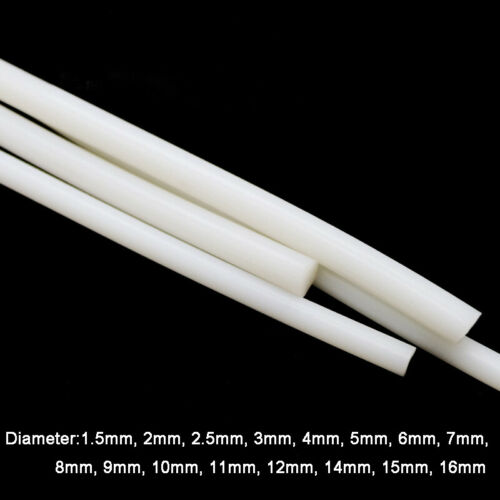-40%
Bismuth Ingot 99.95% Reinmetall Bi Element 83 0.2oz-11lbs
$ 104.03
- Description
- Size Guide
Description
Bismuth Bar 99.95% Pure Metal Bi Element 83 -- 5g-5kgBismuth Bar 99.95% Pure Metal Bi Element 83 -- 5g-5kg
Weight tolerance can be up to +/-2%
TOP quality at fair prices
High-quality products made to measure and cut to size
Competent advice & service
Technical specifications:
Brand:
Evek
Manufacturer number:
Not applicable
Type:
bars
Material:
bismuth
Operation area:
as a component of low-melting alloys; as a substitute for lead in free-cutting steels; as a material for strong permanent magnets; as a catalyst in the chemical industry; medicine (bismuth compounds for antibiotic therapy)
Further information:
melting point:
271.3°C
electr. Conductivity:
0.867 x 10⁶ S/m
thermal conductivity:
7.87 W/(m·K)
Density:
9.78 g/cc
documentation
Data sheet (German)
Description:
Bismuth or bismuth is a brittle metal. In its pure form, it has poor electrical conductivity and high electrical resistance. Furthermore, bismuth metal has one of the lowest thermal conductivities of all metals (second place after mercury). Bismuth metal is not susceptible to water and non-oxidizing acids. Bismuth is slightly radioactive and is considered non-toxic to the environment.
Bismuth metal is mainly used in bismuth alloys. These are characterized by an extremely low melting point. The most important bismuth alloys are Roses Metall (alloy of lead and tin with a melting point of approx. 94 °C), Wood's metal (alloy of lead, cadmium and tin with a melting point of approx. 71 °C) and Field's metal (alloy of indium and tin with a melting point of approx. 62°C).
The most important areas of application for bismuth are:
as a component of low-melting alloys;
as a substitute for lead in free-cutting steels;
as a material for strong permanent magnets (alloy of manganese and iron);
as a catalyst in the chemical industry;
Medicine (bismuth compounds for antibiotic therapy).
Bismuth metal is characterized by the following properties:
high brittleness;
high electrical resistance;
extremely low thermal conductivity;
insensitivity to water and non-oxidizing acids;
low radioactive;
not toxic to the environment.
Basic price:
weight
price/kg
0.005kg
0.01kg
0.025kg
0.05kg
0.1kg
0.25kg
0.5kg
1 kg
2kg
5kg
Listing and template services provided by inkFrog
as a component of low-melting alloys; as a substitute for lead in free-cutting steels; as a material for strong permanent magnets; as a catalyst in the chemical industry; medicine (bismuth compounds for antibiotic therapy) Bismuth or bismuth is a brittle metal. In its pure form, it has poor electrical conductivity and high electrical resistance. Furthermore, bismuth metal has one of the lowest thermal conductivities of all metals (second place after mercury). Bismuth metal is not susceptible to water and non-oxidizing acids. Bismuth is slightly radioactive and is considered non-toxic to the environment. Bismuth metal is mainly used in bismuth alloys. These are characterized by an extremely low melting point. The most important bismuth alloys are Roses Metall (alloy of lead and tin with a m













